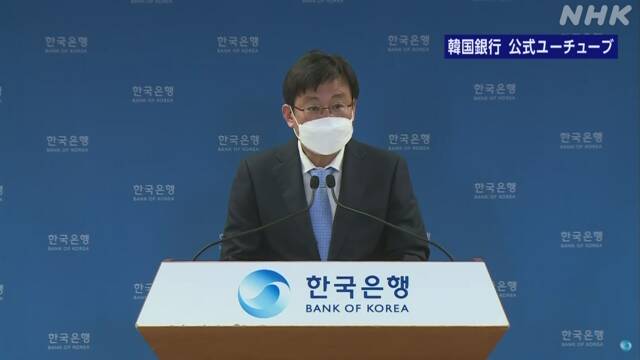As the pressure to rise in prices increases against the backdrop of the situation in Ukraine, countries in Asia are also busy responding, and the central bank of South Korea and the financial authorities of Singapore announced further monetary tightening on the 14th.
The Bank of Korea, the central bank of South Korea, held a meeting to decide monetary policy on the 14th and decided to raise the policy interest rate by 0.25% to 1.5%.
In South Korea, the consumer price index rose 4.1% last month from the same month last year, and the Bank of Korea said at a meeting that "the situation in Ukraine could make the upward pressure longer than expected." Explaining.
The financial authorities, Singapore's central bank, also announced changes in monetary policy on the 14th.
Monetary policy is effectively set out to guide the exchange rate of the Singapore dollar, the home currency.
Inflationary pressures will increase further due to the rise in commodity prices and the disruption of the supply network caused by the situation in Ukraine, with the aim of curbing the rise in prices of imported goods by deciding on additional monetary tightening to allow the appreciation of the domestic currency. It is said that.
Central banks in Canada and New Zealand have also announced rate hikes on the 13th as prices of energy and raw materials soar worldwide against the backdrop of Russia's invasion of Ukraine, tightening monetary policy in each country to curb inflation. The movement is accelerating.

